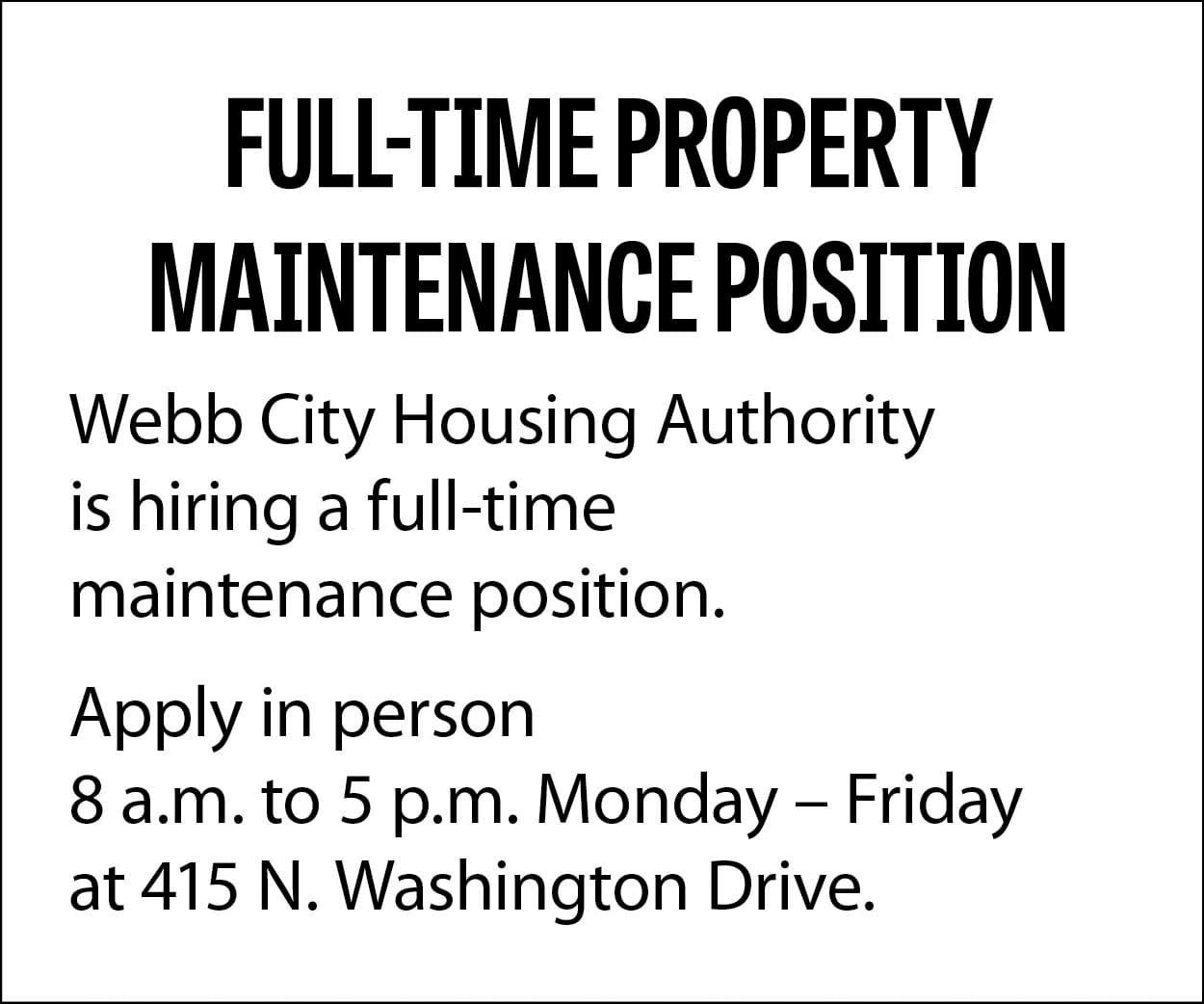
Poll workers trained to conduct an election free of irregularities
On Tuesday, two weeks before the Aug. 2 primary election, Jasper County Clerk Charlie Davis told election workers, “We want the public to be confident our election is secure.”
It was a typical training session for the election workers, held at the Sheriff’s Office in Carthage.
There are 23 different ballots for this election, depending on if there are local questions, such as the proposal to build a performing arts center at Carthage High School and the tax proposal in Joplin to improve pay for public safety employees.
There are so many candidates that the Republican ballot is printed on the front and back.
Voters will be able to ask for one of four political party ballots: Republican, Democrat, Libertarian or Constitutional.
Receiving the most attention are the two races with no incumbents. There are 21 candidates seeking to succeed U.S. Sen. Roy Blunt. One of them is Billy Long, who is giving up his 7th Dist. Congressional seat. There are eight candidates vying for his seat.
Sample ballots can be seen and downloaded on the county website.
There are four contested races of local interest.
Verifying the identity of voters is one aspect of the job election workers have to do.
This will be the last statewide election in which you won’t have to show your photo ID.
Under a new law that be in effect for the November general election:
For now, Davis told election workers that a utility bill remains one of the ways voters can prove their identity on Aug. 2.
Any registered voter can vote, but without identity verification, their ballot will be held in a provisional envelope. The ballot won’t be counted until the voter’s identity is verified.
A registered voter can fill out a change-of-address or change-of-name card on election day.
It’s too late to register. The deadline was July 6.
Electioneering was another topic during the election worker training session. It is generally allowed within a certain distance.
However, private buildings, such as churches, can prohibit electioneering all together.
One of the main things is that election workers are to return the same number of ballots that were received at their polling station.
Having an election “free of irregularities” is the goal, Davis said.


The Webb City Sentinel isn’t a newspaper – but it used to be, serving Webb City, Missouri, in print from 1879-2020. This “newspaper” seeks to carry on that tradition as a nonprofit corporation.
© All Rights Reserved 2025
DIY website design by Bob Foos